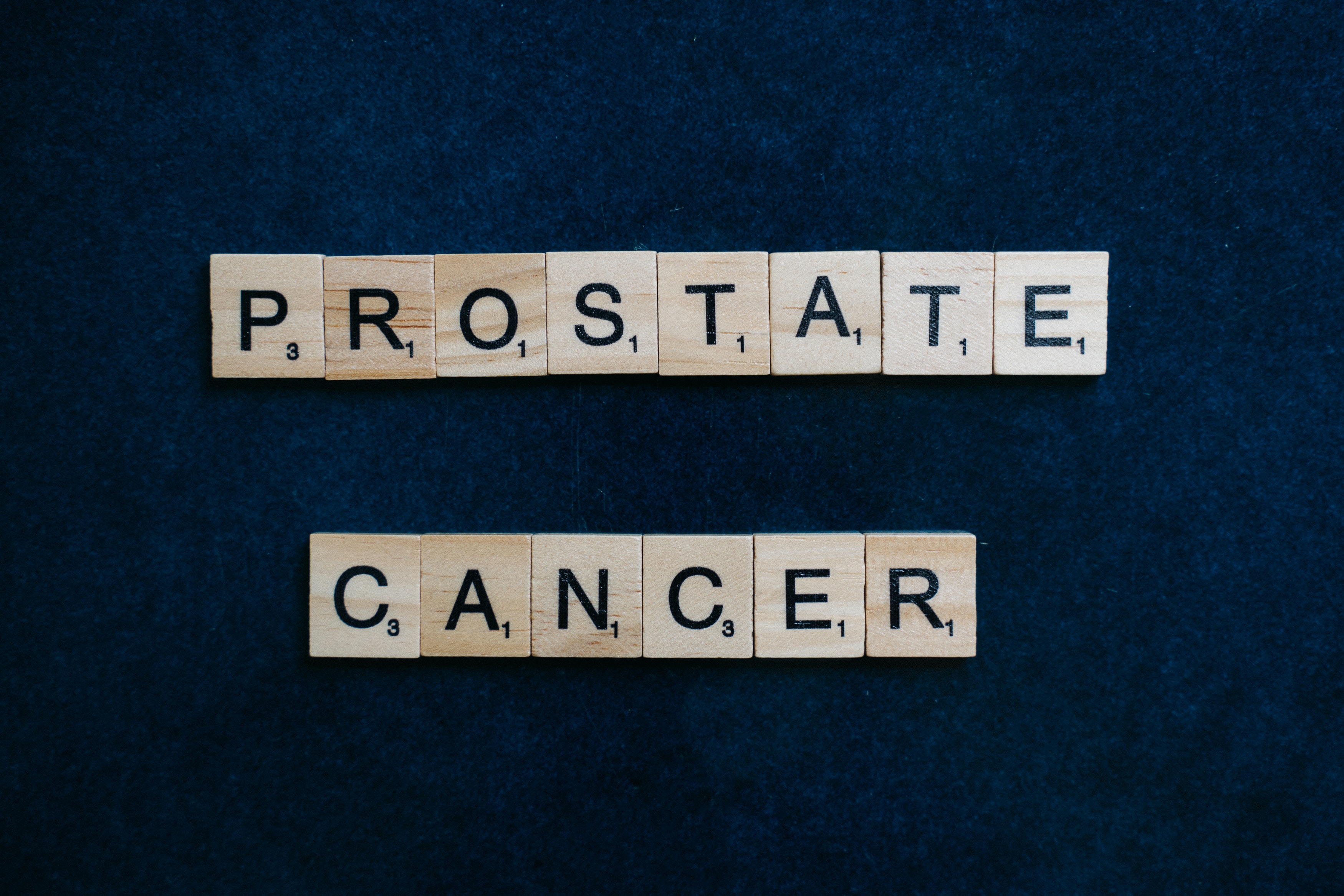The inflammatory process in the prostate (prostate gland) is one of the most common problems that men turn to a urologist. Most often young men, between 30 and 40, suffer from prostatitis. This disease, accompanied by unpleasant and sometimes painful symptoms, can greatly spoil the quality of life and end in infertility and impotence.
In order to prevent this from happening, it is necessary at the first signs of an ailment to contact a specialist, and even better – to prevent the onset of the disease.
Why prostatitis occurs
Inflammation in the tissues of the prostate can be caused by pathogens that enter the prostate gland either from below, from the urethra, or from above, along with blood, lymph or urine.
The culprits may be genital infections, incompletely treated diseases of internal organs, as well as their own conditionally pathogenic microflora, which multiplied as a result of decreased immunity due to hypothermia, accumulated fatigue, stress, bad habits, malnutrition, etc.
In this case, they talk about infectious prostatitis.
But inflammation can occur without an infectious agent due to stagnation of blood, lymph, and prostate secretions. The reasons are:
- lack of sex life or irregular, rare sex;
- frequent use as a prevention of interrupted intercourse;
- sedentary lifestyle, sedentary work;
- tight underwear;
- addiction to alcohol, smoking;
- lack of male sex hormones.
- The disease can develop after an injury to the pelvic organs.
How does prostatitis manifest?
Acute infectious prostatitis begins with a rise in temperature and severe pain in the lower abdomen, in the perineum. Pain also accompanies the process of ejaculation.
Difficulties arise with urination, defecation. Mucous or purulent discharge may appear from the urethra.
A month later, the acute symptoms subside and the disease becomes chronic.
The chronic course of the disease is more common. How to define chronic prostatitis?
1. The main and constant sign is impaired urination. This is a constant urge, a feeling of incomplete emptying, pain and burning sensation when urinating, a thin, intermittent stream of urine. With an exacerbation, there may be a complete inability to empty the bladder.
2. Pain. They are not sharp, but dull, pulling, constant, now increasing, now fading.
3. Sexual disorders. There are problems with erection, up to the inability to complete intercourse. Premature ejaculation is observed. Orgasm can be accompanied by severe pain, in the semen – there are traces of blood. Decreased sex drive.
But chronic prostatitis can proceed without symptoms or manifest itself in an implicit, mild form: you need to go to the toilet a little more often, there are minor pains in the perineum, sometimes there is a burning sensation when urinating, potency is slightly reduced.
However, this does not mean that you can ignore the disease. Untreated prostatitis can bring a lot of trouble.
Why is prostatitis dangerous?
Not only is prostatitis a physically exhausting and psychologically painful disease. If the disease is started, very unpleasant complications can be expected.
The most common consequence of prostatitis is a dysfunction of the reproductive system.
Deterioration in the quality and mobility of sperm ultimately leads to infertility.
Erection problems, premature ejaculation, inability to reach orgasm result in erectile dysfunction, or, more simply, impotence.
Infertility and erectile dysfunction are also threatened by such complications of prostatitis as vesiculitis (inflammation of the seminal vesicles) and epididymitis (inflammation of the epididymis).
Complication of prostatitis can cause infertility
No less dangerous are changes in the tissues of the prostate gland – the replacement of the glandular functional tissue of the connective. This phenomenon is called prostate sclerosis.
Incomplete emptying of the bladder and, therefore, the constant presence of urine in it leads to the multiplication of pathogenic bacteria. The infection spreads to the kidneys, resulting in impairment of their function, including kidney failure.
And of course, the disease affects the mental state of the man. He is exhausted by constant pain, depressed, apathetic, due to violations in the genital area, he develops an inferiority complex. There is close to depression.
With regard to prostate cancer, no direct link has been found between prostatitis and malignant neoplasm. However, doctors believe that the risk of prostate cancer in patients with prostatitis is higher than in those who are spared the disease.
How to prevent prostatitis
Prostatitis often occurs when contracting sexually transmitted infections, so the best way to prevent the disease would be a constant partner and / or protected sex. But this is not the only preventive measure.
An obligatory component of men’s health is regular sex life without long breaks. It is very important for reducing the risk of prostate inflammation.
Physical activity is equally important. Playing sports, visiting the gym, swimming pool will help to maintain good physical shape and will not allow blood to stagnate. Such activities are especially necessary for those whose work involves a long stay without movement.
It is impossible not to mention bad habits. Alcoholic drinks, smoking reduce the body’s resistance, increase the risk of inflammation in the prostate.
A few words about nutrition. This is also an important factor in the prevention of prostatitis and other unpleasant chronic ailments. Food should be complete and varied, contain all the necessary components, vitamins, trace elements. This will strengthen the general condition of the body. Eggs, nuts and seeds, fish and seafood, lean meat are especially useful for men’s health. And of course, vegetables and fruits (to which men are most often indifferent, but in vain).
Someone who leads a healthy lifestyle, eats right and has sex regularly, does not get prostatitis, or at least has a minimal risk of getting it.

Leave a Reply